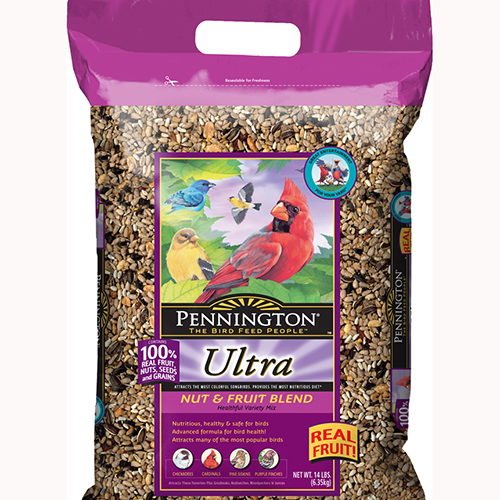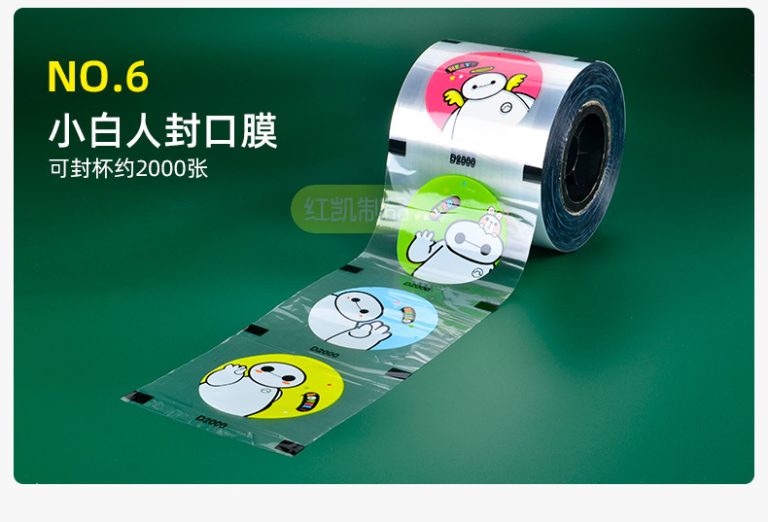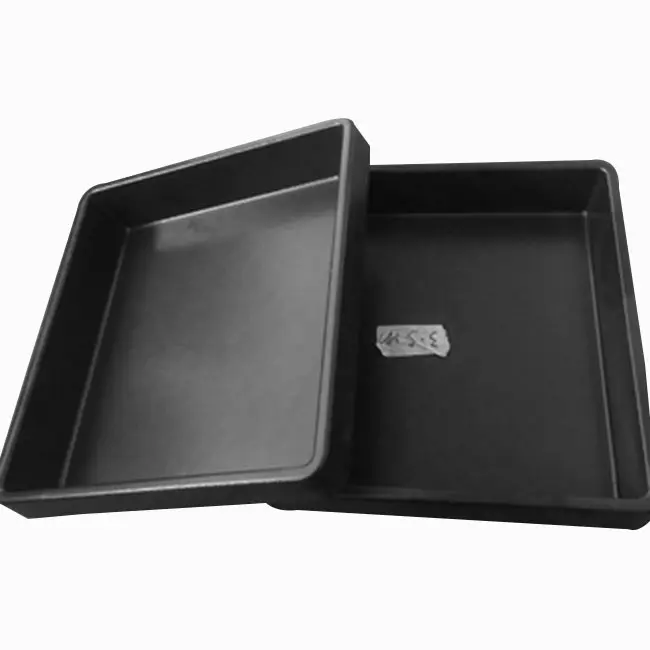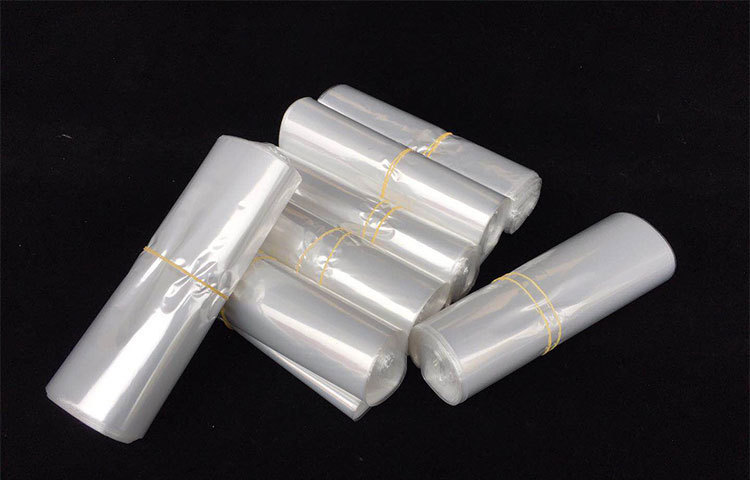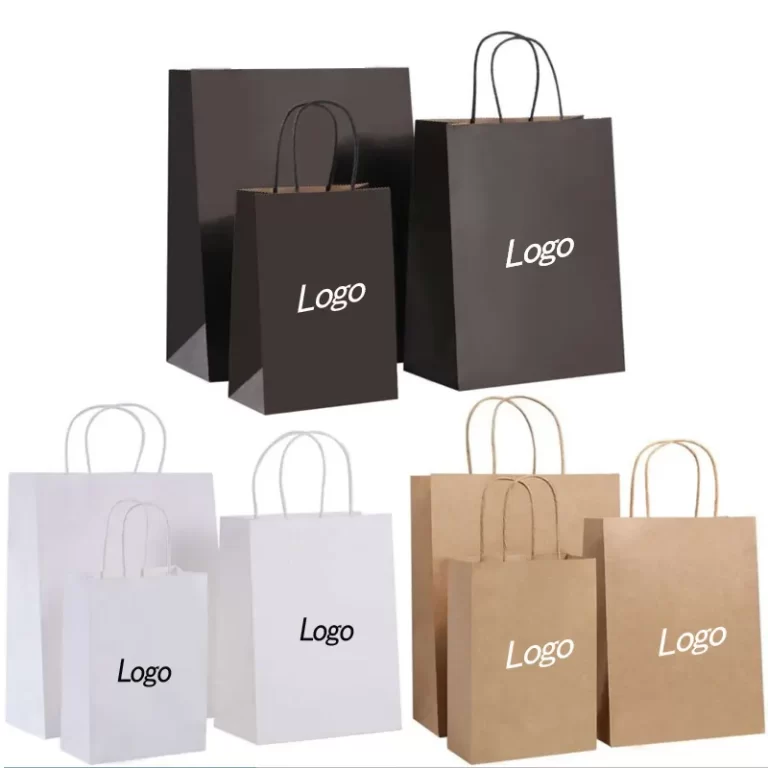Table of Contents
Benefits of Using Fruit Bags for Storing and Transporting Produce
Fruit bags are a convenient and practical way to store and transport produce. These bags are designed specifically for fruits and vegetables, providing a breathable and protective environment that helps extend the shelf life of your fresh produce. There are many benefits to using fruit bags, from keeping your fruits and vegetables fresh longer to reducing food waste and saving money in the long run.
| Origin | China |
| Use | Food |
| Size | Custom Size Accepted |
| LOGO | Customized Logo Acceptable |
One of the main advantages of using fruit bags is that they allow for proper air circulation around the produce. Fruits and vegetables release ethylene gas as they ripen, which can cause them to spoil more quickly if trapped in a sealed container. Fruit bags are made from breathable materials that allow air to flow through, preventing the build-up of ethylene gas and helping to maintain the freshness of your produce for a longer period of time.
In addition to extending the shelf life of your fruits and vegetables, fruit bags also help to reduce food waste. By keeping your produce fresh for longer, you are less likely to throw away spoiled fruits and vegetables that have gone bad before you had a chance to use them. This not only saves you money by reducing the amount of food that you need to replace, but it also helps to minimize the amount of food that ends up in landfills, contributing to a more sustainable and environmentally friendly lifestyle.
Another benefit of using fruit bags is that they are reusable and washable, making them a cost-effective and eco-friendly option for storing and transporting produce. Instead of using single-use plastic bags or containers that end up in the trash after just one use, fruit bags can be used over and over again, reducing the amount of waste that is generated from packaging materials. Simply wash the bags with soap and water after each use, and they are ready to be used again for your next trip to the grocery store or farmers market.
Fruit bags are also versatile and can be used for a variety of different types of produce. Whether you are storing apples, oranges, bananas, or leafy greens, fruit bags are designed to accommodate a wide range of fruits and vegetables, keeping them fresh and protected no matter what you are storing. The bags come in different sizes and styles to suit your needs, whether you are looking for a small bag to hold a few pieces of fruit or a larger bag to transport a whole bunch of bananas or a head of lettuce.
Overall, fruit bags are a practical and convenient solution for storing and transporting produce. With their breathable design, reusable and washable materials, and versatility for a variety of fruits and vegetables, fruit bags offer many benefits for consumers looking to keep their produce fresh longer, reduce food waste, and save money in the process. Consider investing in a set of fruit bags for your kitchen or pantry to enjoy the many advantages that they have to offer.
Eco-Friendly Alternatives to Plastic Fruit Bags
Plastic pollution is a major environmental issue that continues to plague our planet. One of the main contributors to this problem is the widespread use of plastic bags, including those used for packaging fruits and vegetables. These single-use plastic bags are not only harmful to the environment but also pose a threat to wildlife and marine life. In an effort to combat this issue, many individuals and businesses are turning to eco-friendly alternatives, such as fruit bags made from sustainable materials.
One popular alternative to plastic fruit bags is reusable cotton or mesh bags. These bags are not only durable and long-lasting but also biodegradable, making them a much more sustainable option. By using reusable bags, consumers can significantly reduce their plastic waste and help protect the environment. Additionally, many grocery stores and farmers’ markets now offer discounts to customers who bring their own bags, further incentivizing the use of reusable options.
Another eco-friendly alternative to plastic fruit bags is paper bags. While paper bags are not as durable as cotton or mesh bags, they are still a better option than plastic. Paper bags are biodegradable and can be easily recycled, making them a more environmentally friendly choice. Some grocery stores have even started offering paper bags as an alternative to plastic, further encouraging consumers to make the switch.

For those looking for a more innovative option, there are now fruit bags made from materials such as bamboo or jute. These bags are not only eco-friendly but also stylish and unique. By choosing bags made from sustainable materials, consumers can make a statement about their commitment to protecting the environment and reducing their carbon footprint.
In addition to using eco-friendly fruit bags, consumers can also take other steps to reduce their plastic waste. For example, buying fruits and vegetables in bulk or choosing loose produce instead of pre-packaged options can help minimize the use of plastic bags. Additionally, storing fruits and vegetables in reusable containers or beeswax wraps instead of plastic bags can further reduce plastic waste.
Overall, the shift towards eco-friendly alternatives to plastic fruit bags is a positive step towards reducing plastic pollution and protecting the environment. By choosing reusable cotton or mesh bags, paper bags, or bags made from sustainable materials, consumers can make a significant impact on the health of our planet. Additionally, by taking other steps to reduce plastic waste, such as buying in bulk and using reusable containers, individuals can further contribute to a more sustainable future.
In conclusion, the use of eco-friendly fruit bags is an important step towards reducing plastic pollution and protecting the environment. By choosing reusable options made from sustainable materials, consumers can make a positive impact on the health of our planet. With more individuals and businesses making the switch to eco-friendly alternatives, we can work towards a cleaner, greener future for generations to come.

